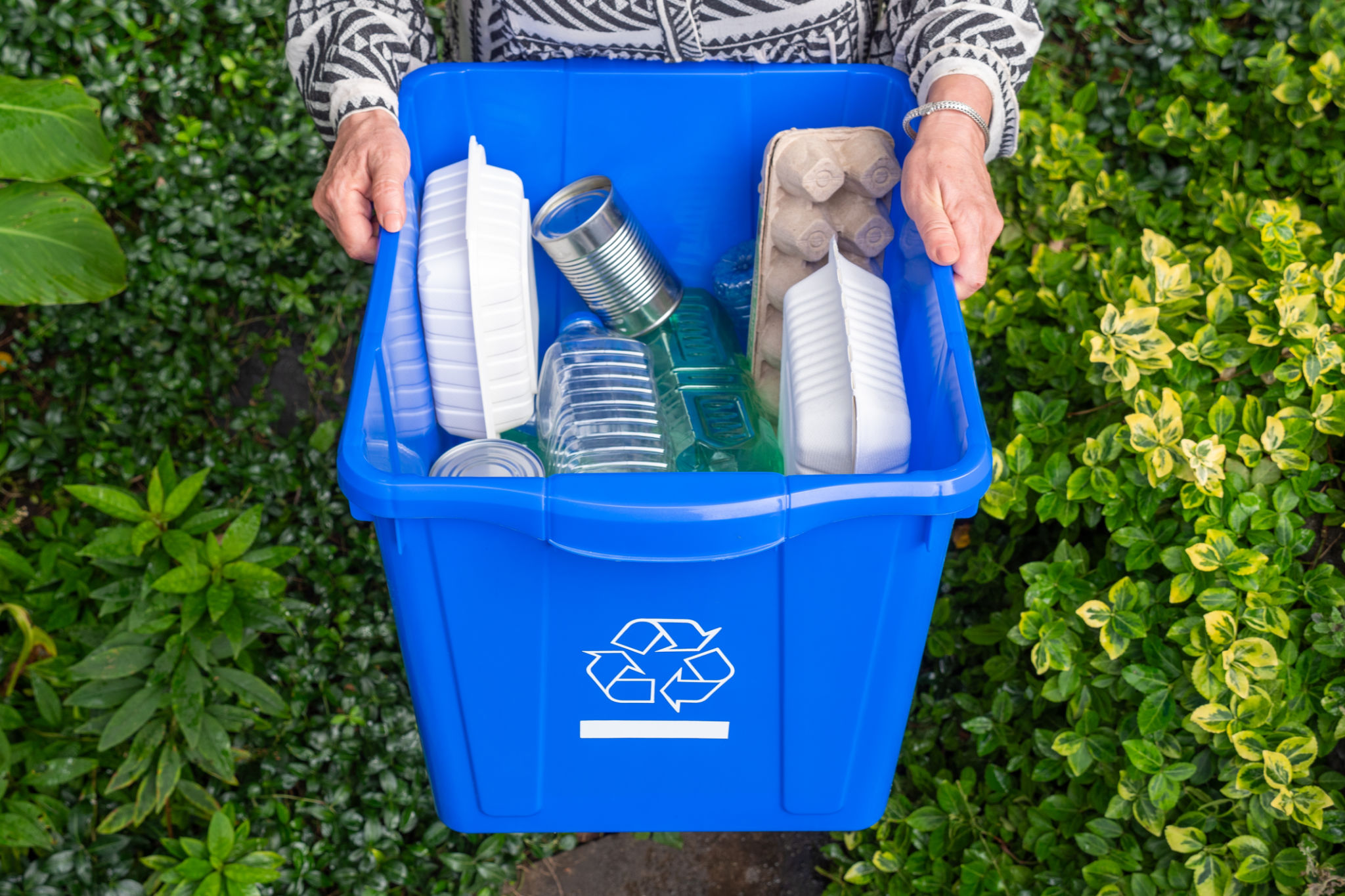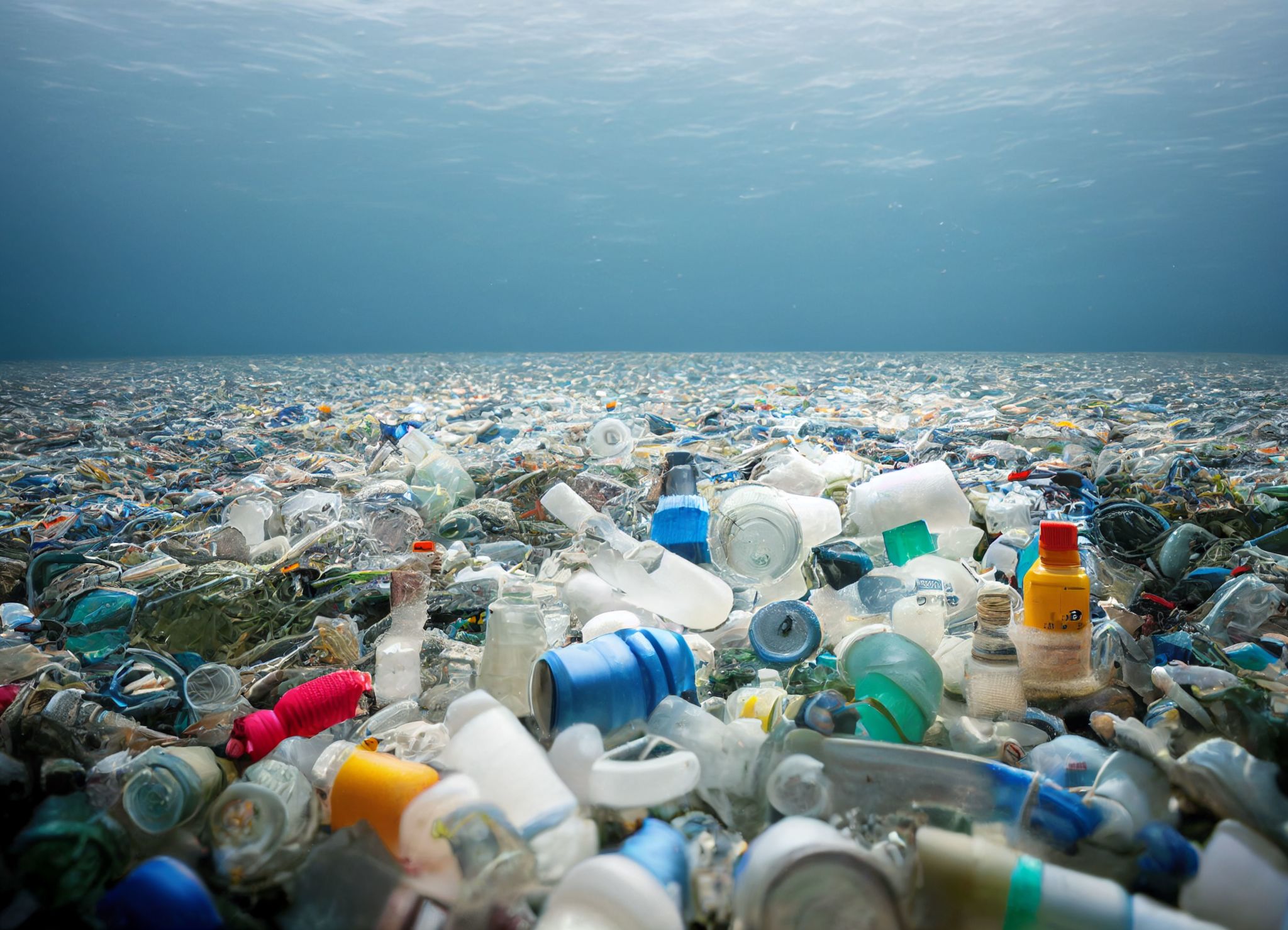Addressing Common Misconceptions About Waste Recycling in London
Understanding the Basics of Waste Recycling
Waste recycling is a crucial component of sustainable living, yet it is often surrounded by misconceptions that can hinder its effectiveness. In London, as in many other cities, recycling plays a vital role in managing waste and conserving resources. Understanding these common misconceptions can help improve participation and effectiveness in recycling programs.
One prevalent misconception is that recycling is too complicated. Many people believe that sorting waste correctly is difficult, but with a little guidance, it can become second nature. Most London boroughs provide detailed information on what can and cannot be recycled, making it easier for residents to participate.

Myth: All Plastics Are Recyclable
A widespread myth is that all plastics can be recycled. While many types of plastic are recyclable, not all of them are suitable for recycling facilities in London. Plastics marked with numbers 1 and 2, such as PET and HDPE, are widely accepted. However, other types like polystyrene or plastic bags often require special handling and separate collection channels.
It's important to check local guidelines to understand which plastics are accepted in your area. By doing so, you can prevent contamination of recyclable materials, which often leads to entire batches being sent to landfills.

The Role of Contamination in Recycling
Another common belief is that a small amount of contamination won't affect the recycling process. In reality, even minor contamination can have significant consequences. Items such as food residue on containers or mixing non-recyclables with recyclables can cause entire loads to be rejected.
To minimize contamination, always rinse food containers before recycling and ensure that items are placed in the correct bins. This simple practice can significantly enhance the efficiency and effectiveness of recycling efforts.

Recycling Is Not Just About Environmental Benefits
Many assume that recycling is solely about environmental conservation. While it certainly reduces waste and conserves natural resources, recycling also has economic benefits. By recycling materials, we reduce the need for raw material extraction, which can lower production costs and lead to economic savings.
Moreover, recycling creates jobs in the processing and manufacturing sectors, contributing to the local economy. Understanding these wider benefits can encourage more people to participate actively in recycling programs.
Addressing Misconceptions Through Education
Education plays a critical role in dispelling myths about waste recycling. Community workshops, school programs, and informational campaigns can help raise awareness and provide the necessary knowledge to foster better recycling habits.
In London, various initiatives are already in place to educate the public about proper recycling practices. By participating in these programs or seeking out information proactively, residents can make a substantial difference in their community's waste management efforts.
